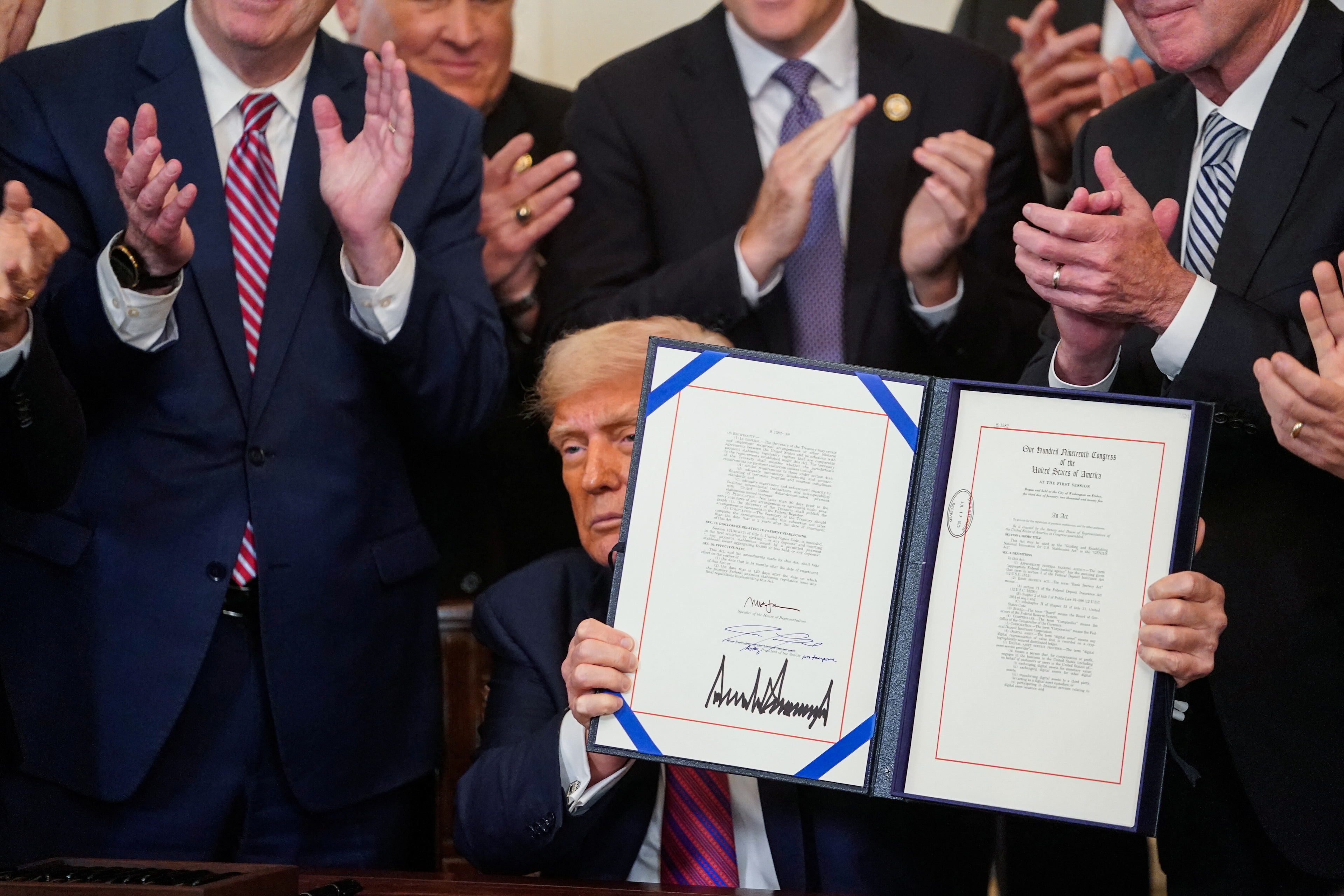No country should close the door on talent

Stay up to date:
Hyperconnectivity
I have a strict principle not to comment on political matters and, as a democrat, I must accept the results of Switzerland’s recent referendum, in which a small majority voted to introduce quotas on immigration from the EU. But with 30 years of experience as an economist, and as the author of the Global Competitiveness Report, I cannot close my eyes to the fact that Switzerland risks losing its position as the world’s most competitive nation. Indeed, there is arguably a tendency to take Switzerland’s economic wellbeing for granted because of its position at the top of competitiveness tables, as well as its relatively smooth handling of the financial crisis.
The issue today is not about Switzerland setting a course that is either for or against Europe, though the debate is often portrayed as such; neither is it narrowly about economic interests. Rather, it is about the well-being of our generation, and the generations to come.
The coming decade will be characterized by a technological revolution unlike any we have experienced before. The internet has changed the world in less than 20 years, and we are now on the verge of countless new technological breakthroughs, in fields as diverse as robotics, digital connectivity, genetics, nanotechnology and 3D printing. Of all the researchers, scientists and engineers who have ever lived on the planet, more than half of them are currently active, with significantly better networking opportunities and a wider knowledge base than before. There is an immense force at work, driving innovations at a rapidly accelerating pace. New technologies and processes will profoundly change the world and revolutionize the existing structures of competition.
No country and no sector will be able to avoid this pressure to transform. I am not speaking of some utopian vision here, but of a reality that will surprise us all with the speed at which it unfurls. The precursor to this can already be seen in the level of digitalization in so many areas of our lives. I am convinced that in the future we will no longer distinguish between developing nations and industrial nations, but rather between innovation-poor and innovation-rich economies.
The determining factor for an economy’s well-being is no longer the acquisition of capital, but rather access to talent. The world is swimming in capital, yet experts are scarce; “talentism” is replacing capitalism. It’s a new world and Switzerland must find its position within it.
Despite its relatively small size, Switzerland ranks 20th among the world’s largest economic powers (when measured using gross national product) and this is largely thanks to its capacity for innovation. Yet, the country is home to only one-10th of a per cent of the world’s population. This means that in a future where every inhabitant of the world has access to knowledge and education, thanks to the internet and e-learning, every Swiss national will have 1,000 competitors, all striving for the same standards of living.
In Switzerland, we are proud of our universities, with a couple of thousand graduates every year. But last year, in China alone, more than 100,000 graduates returned home after receiving outstanding educations in various other countries. And then there’s Silicon Valley, the home of Google, Apple and Facebook, as well as so many other revolutionary businesses. The key to California’s success is its diversity, which fosters creativity. If Switzerland curbs the number of EU migrants and isolates its own talent, it will cause a rapid decline in the country’s levels of employment and competitive abilities.
It is important to recognize that those with talent have a natural tendency to work together in a pool. Switzerland was one of those pools, with strong powers of attraction. However, even the best pools can collapse if they can’t be regenerated. The reality is that almost every country is now making an effort to be (or become) a talent pool for the world’s economy, and countries that lack talented individuals will, to venture a football comparison, be relegated to the lower divisions. The difference being, however, that there are no longer any lower divisions in international competition, only winners and losers.
Translated from an article published in the NZZ.
Author: Professor Klaus Schwab is Executive Chairman of the World Economic Forum.
Image: Students listen as U.S. President Barack Obama delivers the commencement address at the Worcester Technical High School graduation ceremony. REUTERS/Kevin Lamarque
Don't miss any update on this topic
Create a free account and access your personalized content collection with our latest publications and analyses.
License and Republishing
World Economic Forum articles may be republished in accordance with the Creative Commons Attribution-NonCommercial-NoDerivatives 4.0 International Public License, and in accordance with our Terms of Use.
The views expressed in this article are those of the author alone and not the World Economic Forum.
Related topics:
Forum Stories newsletter
Bringing you weekly curated insights and analysis on the global issues that matter.
More on Financial and Monetary SystemsSee all
Hallie Spear
August 13, 2025
Sandra Waliczek
August 8, 2025
Rebecca Geldard
August 7, 2025
Aurora Matteini and Derek Baraldi
August 6, 2025
Sandra Waliczek and Harry Yeung
July 29, 2025
Pranidhi Sawhney and Adam Skali
July 29, 2025





